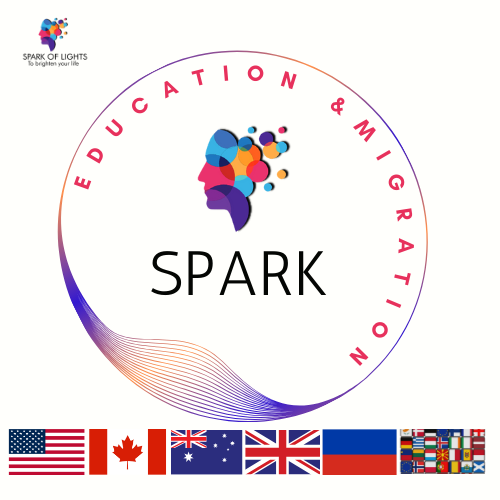Studying abroad provides a fresh academic environment that can ignite your passion for learning. Different teaching methods and perspectives challenge your traditional ways of thinking. This could lead to better focus and improved academic performance.
1. Diverse Learning Environments:
Studying abroad exposes you to diverse learning environments. Whether it’s a different teaching style, academic structure, or cultural approach to education, navigating these variations enhances your adaptability and broadens your educational perspective.
2. Global Perspective in Coursework:
Engaging with coursework in an international setting provides a global perspective. You’ll likely encounter different viewpoints, case studies, and academic methodologies, enriching your understanding of your field from an international standpoint.
3. Cultural Integration and Understanding:
Interacting with students from various cultural backgrounds fosters cultural intelligence. This not only enhances your interpersonal skills but also contributes to a deeper understanding of global issues, which can significantly impact your academic work.
4. Language Proficiency:
Studying abroad often involves navigating coursework in a second language. This experience can significantly improve your language proficiency, a valuable skill in an increasingly interconnected world. It can also boost your confidence in expressing ideas in a different language.
5. Independent Research Opportunities:
Many study abroad programs encourage or require independent research projects. This offers a chance to delve into topics of personal interest, develop critical research skills, and contribute to academic discussions in your field.
6. Access to Specialized Resources:
Depending on your field of study, studying abroad may grant you access to specialized resources, facilities, or experts not available at your home institution. Take advantage of these unique opportunities to deepen your academic knowledge.
7. Networking with International Scholars:
Establishing connections with professors and students from around the world can open doors to collaborative research, international conferences, and a broader academic network. These connections can prove invaluable as you progress in your academic career.
8. Exposure to Interdisciplinary Studies:
Embracing a new academic environment can expose you to interdisciplinary studies and collaborative projects. This interdisciplinary approach can broaden your academic horizons and encourage you to think more holistically about global issues.
9. Adaptability and Resilience:
Overcoming the challenges of studying in a foreign country develops adaptability and resilience. These qualities are not only crucial for personal growth but are also transferable skills that can positively impact your academic and professional pursuits.
10. Capstone Projects and Thesis Opportunities:
Some study abroad programs offer opportunities for capstone projects or the completion of a thesis abroad. This allows you to apply your knowledge in a real-world context, contributing to both academic and practical understanding in your field.
11. Enhanced Problem-Solving Skills:
Navigating a new academic system, culture, and language challenges your problem-solving skills. The ability to adapt, think critically, and solve problems in diverse contexts is a valuable skill that can greatly impact your academic success.
At Spark Education and Migration Consultancy, we have experts on our panel who are alumni of some of the best universities abroad. They can enlighten your path in your overseas educational journey by sharing their personal challenges and triumphs. Here are a few points by our experts which can enrich your knowledge about the impact of Studying Abroad on Academic Growth.
Contact us for the counseling sessions by our experts to know how your own academic growth can be influenced by studying abroad.



